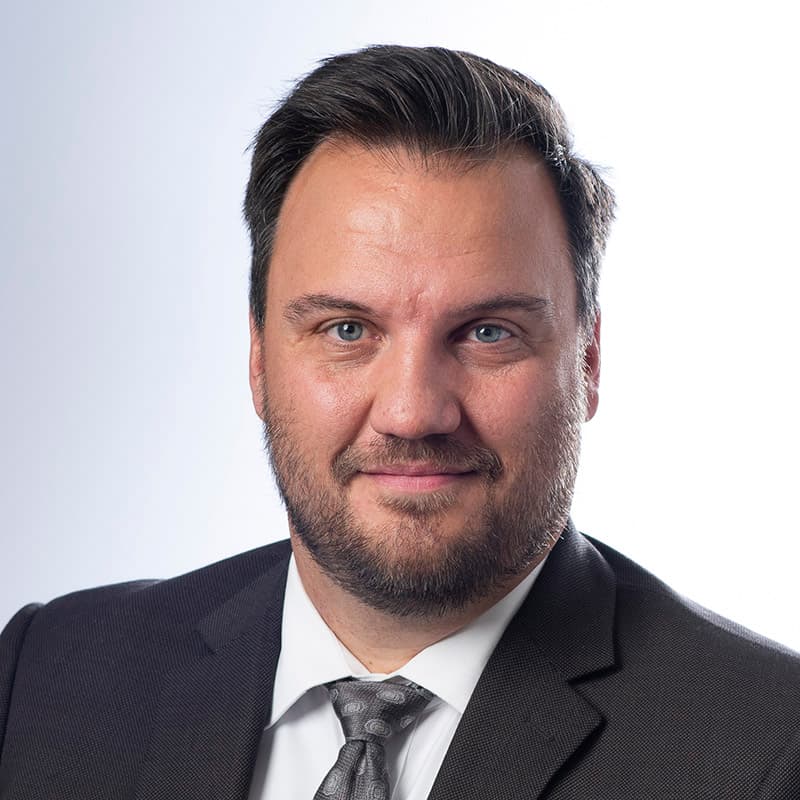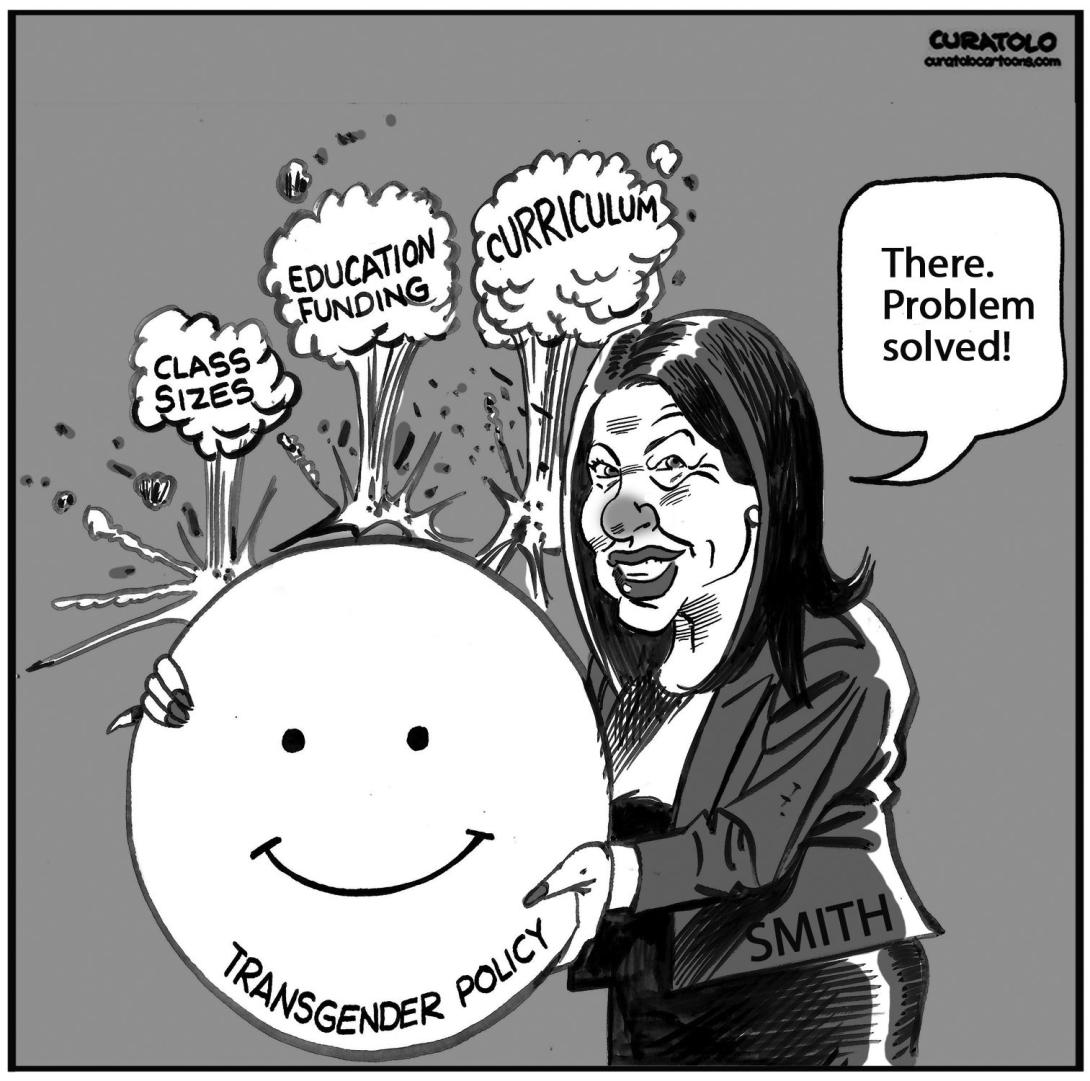“Already, our children have told us that they are afraid that they will not be able to talk about their family at school.”
Dan and Brent VanTice, parents of two first-graders in Florida, were one of several complainants that sued the state of Florida over its 2022 Parental Rights in Education law, which explicitly banned any classroom instruction on topics of sexual orientation and gender identity in K–3 classrooms.
“We are heartbroken that our children are already feeling isolated and stigmatized by this law.”
The law, dubbed the “Don’t Say Gay” law has been widely panned and even sparked a fierce feud between Florida governor Ron DeSantis and central Florida’s largest employer, Disney. It was expanded in subsequent legislation to cover all grade levels.
In Alberta, a suite of policy announcements made by Premier Danielle Smith appears to be more focused on transgender youth, but make no mistake, the policies have wide-reaching impacts affecting all students, including those who identify as gay or lesbian and those who have parents and other family members that identify as 2SLGBTQ+.
The specific changes will not be known until the various pieces of legislation and regulation are introduced this fall, but already the announcement is having an effect. Like its Florida cousin, this proposed policy is not so much about the specific details. Rather, it is intended to create a chilling effect across public education that would stifle all references to sexual orientation and gender identity in schools.
In fact, we are hearing of teachers here who are already adjusting their practice as a result of this announcement, either because they mistakenly believe the policy has been enacted or because they are feeling intimidated by the conversation surrounding the announcement from even raising topics related to sexual orientation and gender identity.
The proposed policy creates effectively insurmountable barriers to discussing issues related to 2SLGBTQ+ people and identities. Parental notification and opt-in approvals for any instances of formal instruction on the topics and a requirement for provincial pre-approval of all third-party resources sound like bureaucratic nightmares for already overwhelmed teachers. This, combined with the harsh searchlight placed on the issue by hostile extremists, who now feel supported by government policy, means that most teachers will simply choose to avoid the problem altogether.
So, while this policy does not place a complete ban on instruction, like Florida’s did, it might as well have. The effect will be the same.
This, of course, is problematic because teachers and schools are required to create welcoming, caring, respectful and safe learning environments. How on earth can students who identify as 2SLGBTQ+ or who come from families that have two dads or two moms feel welcome and safe if their identities are effectively erased from schools?
And in the conversation about parental rights, what is to be said about my rights as a parent who wants their children to learn about and alongside people who are different from them?
Alberta’s law, like Florida’s, will effectively erase all queer identities in public school. And it will do it, not through explicit legislation, but through coercion and intimidation. When I ponder the potential impact on the culture of schools and the cause of public education, my worry is that this approach will actually be much worse than a direct attack.
I welcome your comments. Contact me at jonathan.teghtmeyer@ata.ab.ca.

ATA News Editor-in-Chief


